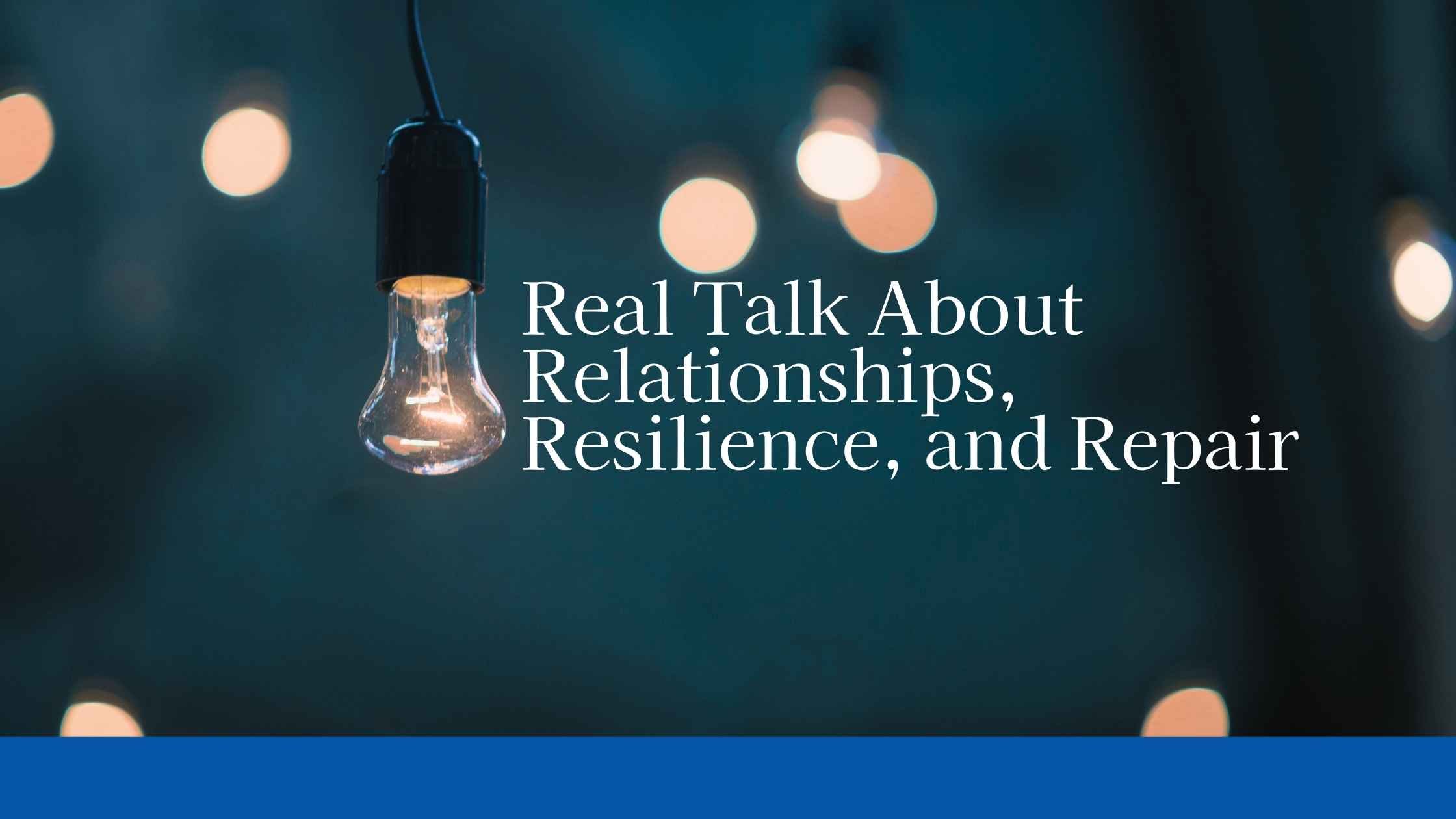
Blog

Why Freaking Out Doesn’t Help: How to Stay Steady When Your Marriage Is on the Line
In a marriage crisis, freaking out is understandable—but not helpful. These six grounded strategies from Discernment Counseling can help you stay steady, avoid common mistakes, and give your marriage a fighting chance.

When Divorce Papers Don’t Mean It’s Over: Understanding Ambivalence in the Divorce Process
Did you know that many people in the divorce process are still unsure they want to end their marriage? This post unpacks the research on divorce ambivalence and explores how Discernment Counseling can offer clarity, even when legal proceedings have begun.

Who Should You Talk To When Your Spouse Wants a Divorce?
Not everyone needs to know your marriage is in crisis. Learn the most common mistakes people make in sharing their story—and how to choose the right kind of support when divorce is on the horizon but hope still remains.

When the Problem Is Serious: How to Navigate Affairs, Addictions, and Abuse in Marriage
What do you do when your marriage faces one of the “Triple A’s”—affairs, addictions, or abuse? This post helps you explore how to respond with clarity and courage, and when Discernment Counseling can help you find a path forward.

The Secret Struggle of Marital Doubt: Why You're Not Alone and What to Do Next
If you’ve been secretly wondering whether your marriage can survive, you’re not alone. This post explores the emotional toll of hidden marital doubt and what to do next when you feel stuck between staying and leaving.

Emotional Affairs and the “Friendship” That’s Hurting Your Marriage
Is it just a friendship—or something more? This post explores the signs of emotional affairs, how they create distrust in relationships, and how discernment counseling can help couples navigate the gray areas with clarity and care.

“If You Think It, You Must Want It:” Thought-Action Fusion in Relationship Conflict
When partners confuse thoughts with actions, communication breaks down and fear takes over. This post explores how Thought-Action Fusion shows up in couples conflict and how therapy helps restore emotional safety and understanding.

Stonewalling: When You Shut Down to Stay Safe—and How to Self-Soothe Instead
When conversations get overwhelming, shutting down can feel like the only option. This post explores why stonewalling happens and how couples can use self-soothing to break the silence and reconnect.

Defensiveness: Why “It’s Not My Fault” Might Be Making Things Worse
Defensiveness keeps couples stuck in conflict and feeling unheard. This post explores how to recognize defensiveness and use responsibility instead to change the tone of your communication.

Contempt: The Most Dangerous Horseman and How to Build Appreciation and Speak from Within
Contempt shows up as sarcasm, eye rolls, and name-calling—but underneath is often pain and resentment. This post offers practical ways to shift contempt into appreciation and reconnection.

Criticism: When Complaints Turn into Attacks—and How to Start Up Gently
Criticism is a common but harmful conflict habit that erodes connection. Learn what it sounds like, how it starts, and how to shift toward healthier communication using a gentle start-up.

The Four Horsemen of the Apocalypse: How Conflict Goes Wrong
The Four Horsemen—criticism, contempt, defensiveness, and stonewalling—can derail even the strongest relationships. Learn what they are, why they matter, and how to shift toward healing connection.

What to Expect in the First Sessions of Gottman Therapy
Starting Gottman therapy doesn’t have to feel overwhelming. This post explains exactly what to expect in the first few sessions—so you can move from confusion to clarity and start rebuilding connection with confidence.

When Thinking Feels Dangerous: How Thought-Action Fusion Fuels OCD
Thought-Action Fusion can make ordinary thoughts feel like moral failures or real-world threats. In this post, we explain how this distortion fuels OCD and how ERP therapy helps clients find freedom from compulsive fear.

Wired for Resonance: Mirror Neurons and the Brain’s Feedback Loops
Are you easily overwhelmed by other people’s emotions? This blog explores how mirror neurons contribute to emotional sensitivity—and how neurofeedback can help restore calm and emotional boundaries.

Letting Go of Black-and-White Thinking: How Therapy Helps Teens and Young Adults Ease Depression
Teens and young adults often struggle with all-or-nothing thinking that fuels depression and self-doubt. This post explores how therapy helps you recognize extreme thoughts, reframe your inner dialogue, and build a more compassionate mindset.

Breaking the Cycle: How Parents Can Support Their Child Without Feeding OCD
Learn how to support your child with OCD without reinforcing the disorder. This post explores the concept of accommodation, why it keeps families stuck, and how parents can gently shift their responses to encourage resilience and healing—one loving boundary at a time.

Bringing Baby Home: Strengthening Your Relationship as You Grow Your Family
Welcoming a baby is a beautiful but challenging transition for couples. Learn how the Bringing Baby Home program, led by Certified Gottman Therapist Teresa Prince, CGT, helps parents protect their relationship and create a shared family vision.

“I Don’t Know What to Feel Anymore:” Navigating the Emotional Aftermath of an Affair
Feeling overwhelmed after betrayal? This blog explores the emotional impact of infidelity and offers guidance for stabilizing in the aftermath. You don’t have to feel certain—just supported.

Are You There for Me When I Need You?
This post explores the core attachment question, “Are you there for me when I need you?” and offers couples a pathway to secure emotional connection—even if they’ve struggled in the past.
